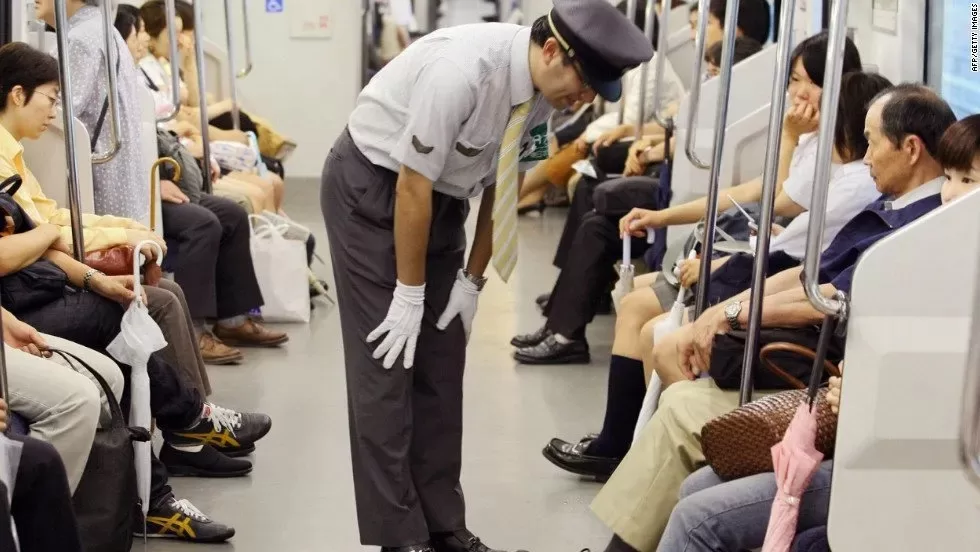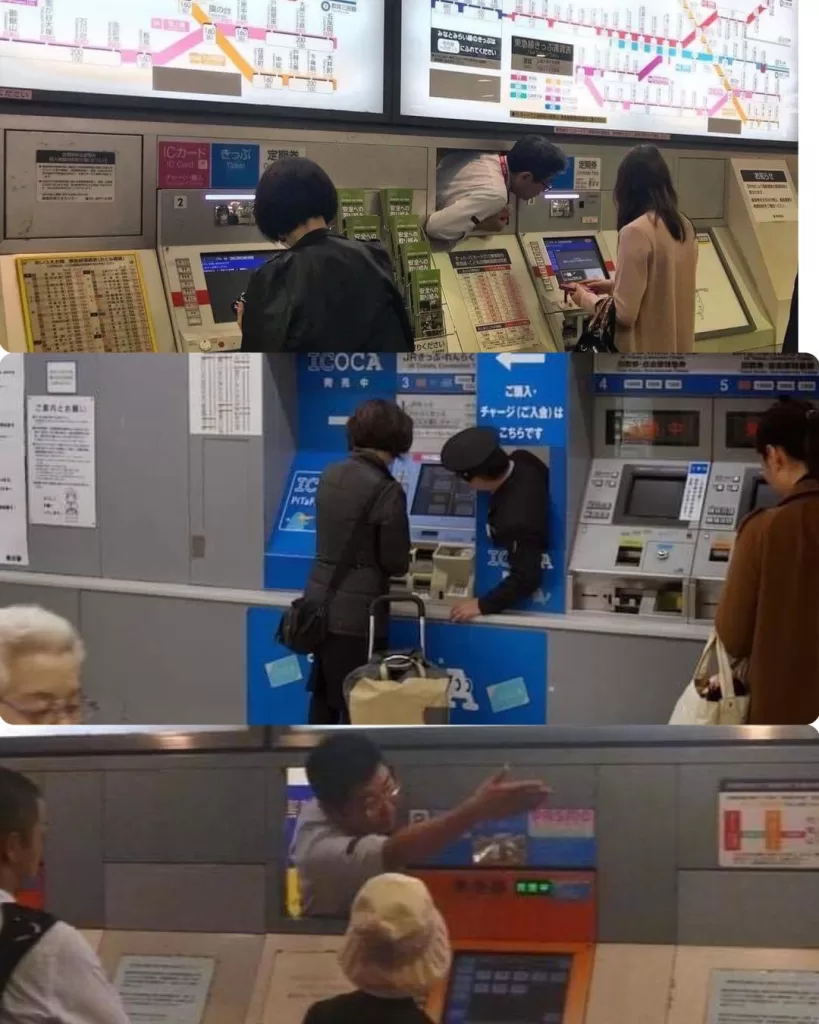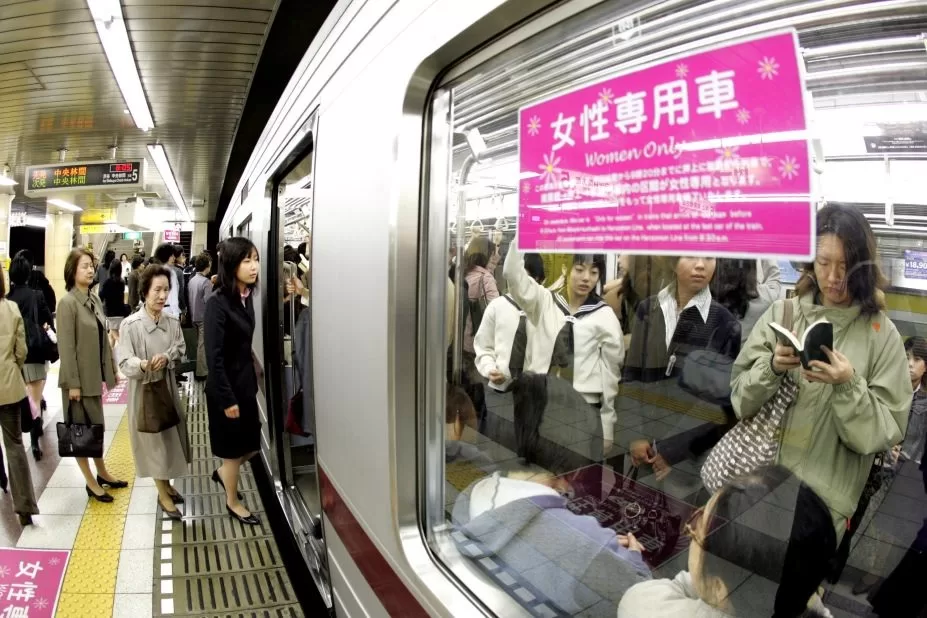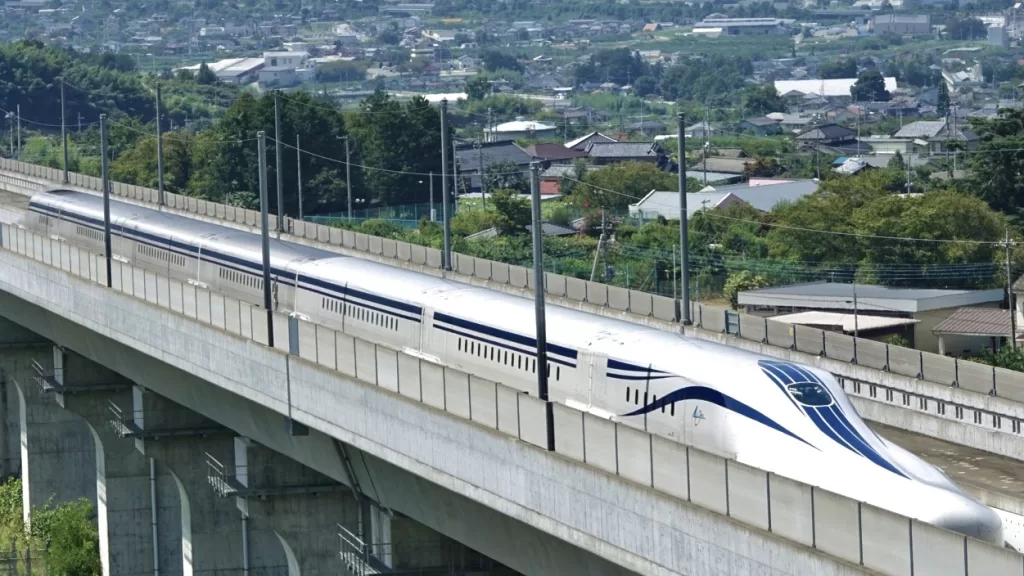10 Reasons Why Everyone’s Raving About Japan’s Trains
Japan’s rail network has long set the global standard for efficiency, safety, and service. The country’s famed shinkansen bullet trains in particular have earned worldwide acclaim for their speed, punctuality, and accident-free operation. Here are 10 reasons why Japan’s trains continue to be the envy of rail networks everywhere.
1. Punctuality
The Shinkansen “bullet trains” epitomize the quality of Japan’s rail system. Since they began operating in 1964, Shinkansen trains have transported over 10 billion passengers without a single accident or casualty. Trains arrive within seconds of the scheduled time; in 2016 the average delay was only 18 seconds. The Japanese take pride in this precision, apologizing publicly when a train departs just moments early. Shinkansen’s safety record and punctuality set a very high standard.

Source: CNN
Japanese trains, especially the Shinkansen bullet trains, are famous for their punctuality. Trains consistently arrive within seconds of the scheduled time. In 2016, the average Shinkansen delay was only 18 seconds! This precision is a point of pride in Japan.
2. Safety
The Shinkansen is lauded as one of the world’s safest rail systems. In over 50 years of operation, it has transported over 10 billion passengers without a single passenger fatality due to accidents. This is an astounding safety record.
3. Efficiency
Japan’s rail network efficiently handles over 20 billion passenger trips per year. Busy stations like Tokyo’s Shinjuku station serve over 3 million commuters daily, yet trains stick to meticulous schedules. Japan has 45 of the world’s 50 busiest train stations.
4. Cleanliness
Japanese trains are famous for their spotless interiors, thanks to teams of cleaners who thoroughly wipe down trains in as little as 7 minutes between runs. This “seven-minute miracle” keeps trains looking brand new.
5. Customer Service

From station attendants to train conductors, Japanese rail employees provide thoughtful customer service. Small touches like departure jingles, suicide-deterring blue lights on platforms, and assistance for travelers make the journey smooth.
6. Continuous Improvement
Rail operators actively solicit customer feedback to identify improvements. A culture of kaizen, or continuous refinement, pervades Japan’s rails.
7. Female-Only Cars

To prevent groping and harassment of female passengers in crowded trains, Japan’s rails feature women-only cars during rush hour. This provides a safe space for women commuters.
8. Cultural Dedication
At its core, the quality of Japanese trains stems from a culture emphasizing collective duty, hard work, and hospitality. Rail employees are devoted to serving the public good through their work.
9. Innovative Design

Japanese trains feature innovative engineering and design, from their aerodynamic bullet train fronts to their earthquake-sensing automatic braking systems. This cutting-edge technology contributes to their performance.
The fastest and newest Japanese train that will be released is the Maglev bullet train, which is part of the Chuo Shinkansen project. The Chuo Shinkansen is a maglev line under construction between Tokyo and Nagoya, with plans for extension to Osaka. Some key facts about the Maglev train include:
- Top Speed: In April 2015, a manned superconducting Maglev train broke two previous land speed records for rail vehicles, reaching a top speed of 603 kilometers per hour (375 miles per hour).
- Technology: The Chuo Shinkansen will employ the SCMaglev technology, a maglev (magnetic levitation train) system developed by JR Central.
- Travel Time: The line is expected to connect Tokyo and Nagoya in 40 minutes, and eventually Tokyo and Osaka in 67 minutes, running at a maximum speed of 505 km/h (314 mph).
The Maglev train is set to become the world’s fastest train, surpassing the current fastest trains in operation in Shanghai, China, and South Korea.
10. Rider Friendly Amenities
Small amenities make riding pleasant, like luggage racks, tray tables, charging ports, and even slippers! Attention to detail provides a comfortable experience.
In summary, Japanese trains have earned global praise for their precision, safety, efficiency, cleanliness, customer service, culture, innovation, and amenities. It’s no wonder rail operators worldwide look to them as models!